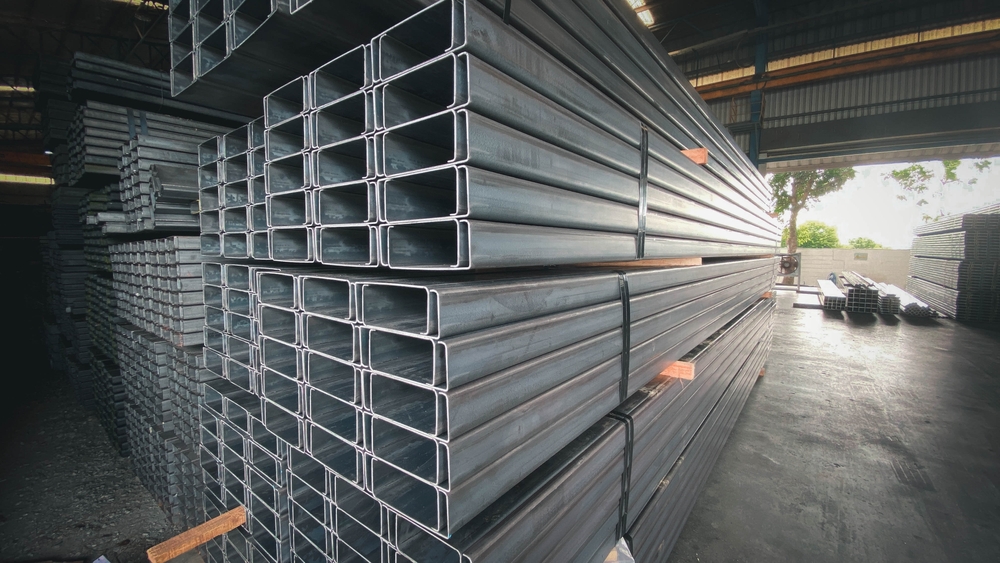Britain has accelerated the release of its major steel industry consultation, the “Plan for Steel,” in response to U.S. President Donald Trump’s announcement of fresh tariffs on all steel imports into the United States.
Key Issues Addressed in the Plan
The consultation, unveiled by the Department for Business and Trade, will focus on high energy costs and unfair trading practices affecting British steelmakers. The Labour government has pledged £2.5 billion ($3.15 billion USD) in investments and aims to publish a broader strategy for revitalizing the sector later in the spring.
“The U.K. steel industry has a long-term future under this government. We said that during the election, and we are delivering on it now,” stated business and trade secretary Jonathan Reynolds.
Impact of U.S. Tariffs
President Trump’s 25% tariffs on steel and aluminum imports—including those from Canada—have prompted immediate concerns for global trade. Canada exported $24.4 billion worth of aluminum and steel to the U.S. last year, and it remains the largest supplier of iron and steel to the American market.
Britain Seeks Tariff Exemption
Unlike Canada and the European Union, which have threatened immediate retaliation, Britain is opting for negotiations. Secretary Reynolds has been engaging with U.S. officials and believes the U.K. is viewed differently than other nations targeted by the tariffs.
He highlighted Britain’s ability to provide specialized steel and aluminum products critical to U.S. defense, such as Navy submarine casings manufactured in Sheffield. This, he argues, gives Britain leverage in securing an exemption.
Concerns from the Steel Industry
UK Steel, an industry body, warned that the tariffs could be “devastating” since the U.S. is Britain’s second-largest steel export market, valued at over £400 million annually.
Meanwhile, Canada, as the largest steel exporter to the U.S., is prepared to retaliate. Prime Minister Justin Trudeau has warned of countermeasures if the tariffs proceed. The new duties are set to take effect on March 12, leaving room for possible negotiations.
Historical Context and Global Steel Trade
During the 2018 steel-aluminum trade dispute, Canada imposed retaliatory tariffs on $16.6 billion of U.S. imports. The current situation revives similar concerns, particularly over China’s impact on global steel markets.
American officials have long sought to protect domestic steel production, fearing that Canada and Mexico are serving as indirect channels for low-cost Chinese steel—an allegation both nations deny.
As Britain moves forward with its steel industry plan, it must navigate a complex global trade landscape shaped by U.S. tariffs, competition from Chinese steel, and its own domestic challenges. Negotiations with Washington will be key in determining whether the U.K. can secure an exemption and safeguard its steel sector.







